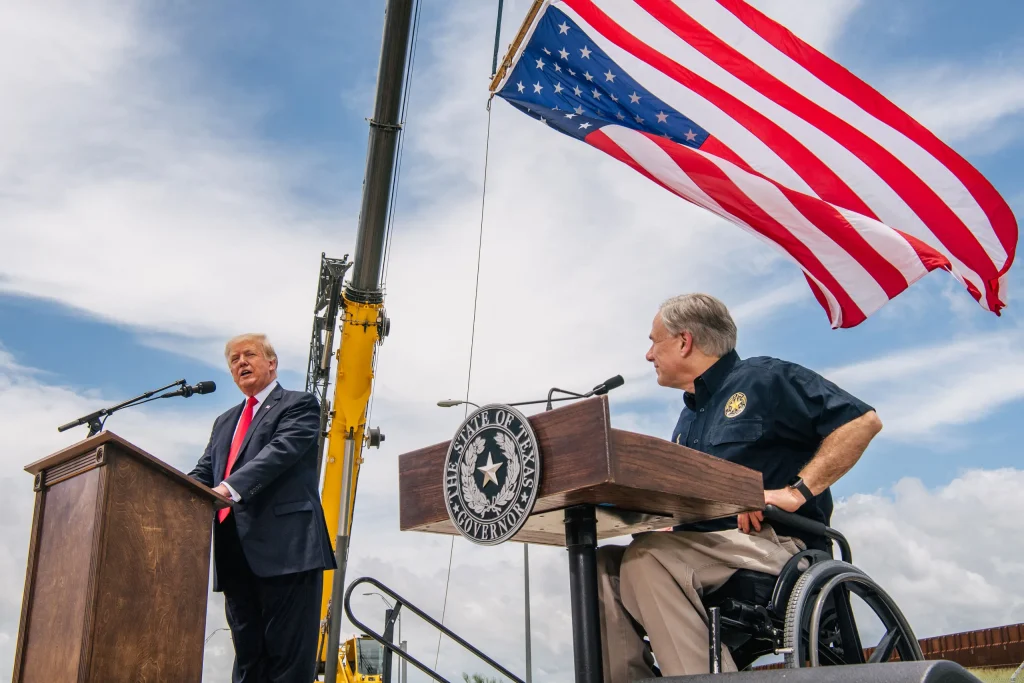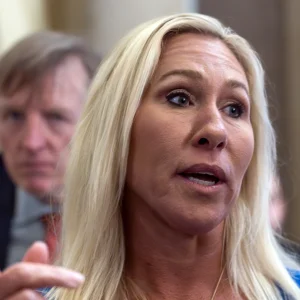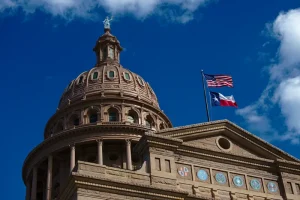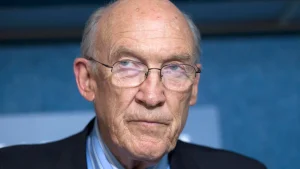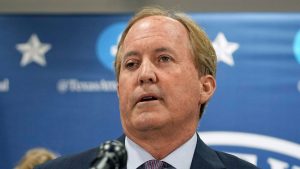Governor Greg Abbott Slams Rep. Jasmine Crockett’s 'Hot Wheels' Insult.
Texas Governor Greg Abbott, who uses a wheelchair after a life-changing accident, has fiercely criticized Democratic Representative Jasmine Crockett for calling him "Governor Hot Wheels" during a recent speech. The controversial comment, made at a Human Rights Campaign event in Los Angeles, quickly went viral, drawing backlash and fueling a heated political debate. Abbott, known for overcoming adversity, slammed the remark as an example of the deeper issues plaguing the Democratic Party.
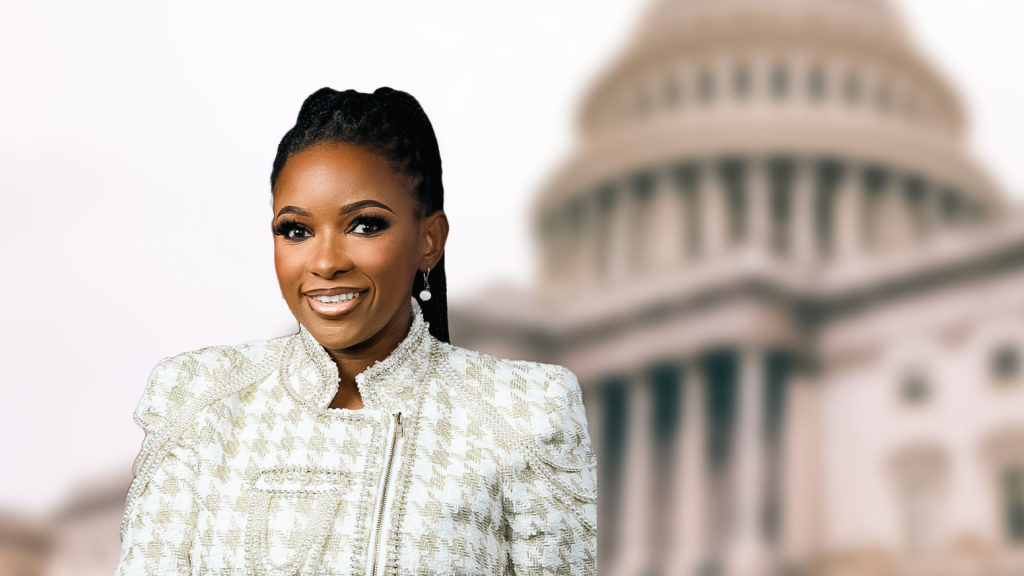
Representative Jasmine Crockett
During the event, Crockett made the remark, "Ya'll know we got Governor Hot Wheels down there, c'mon now, and the only thing hot about him is that he's a hot a** mess, honey." The comment, which was met with laughter from the crowd, sparked outrage as many interpreted it as an insult aimed at Abbott’s disability. However, Crockett later defended her words, stating that her criticism was directed at Abbott’s policies, specifically his handling of migrant issues, rather than his disability. She clarified that the phrase "hot a** mess" referred to his controversial political actions, not his physical condition.
Governor Abbott’s Response to the Insult
Governor Abbott responded strongly to Crockett’s comments during an appearance on Fox News’ Hannity. He called the remarks part of a broader problem for the Democratic Party, claiming that their focus on insults rather than policy and vision would prevent them from advancing. Abbott argued that comments like these would keep Texas firmly in the Republican camp, warning that such divisive rhetoric would push the Democratic Party further from the voters they aim to reach. He stressed that Republicans, especially in Texas, are focused on policies that serve the public, unlike the Democrats, who are “selling hate.”
Crockett’s Defense and the Backlash
Following the incident, a swift backlash ensued as the video of Crockett’s remarks spread online. Facing public scrutiny, Crockett issued a statement clarifying that she was not targeting Abbott’s condition. She explained that she was criticizing his policies, particularly his role in the transportation of migrants into cities led by Black mayors, which she argued stoked division and fear. Despite her clarification, many Republicans, including Representative Randy Weber, were unconvinced. Weber accused Crockett of using “venomous rhetoric” and announced plans to introduce a resolution to censure her for the inflammatory remark.
Abbott’s Personal Story and Resilience
Governor Abbott, who was paralyzed from the waist down at the age of 26 after a tree fell on him while he was jogging, has consistently used his story of resilience to inspire others. In his political career, Abbott has made it clear that his challenges do not define him, and his campaign has focused on how overcoming adversity has made him a stronger leader. He has stated that his personal triumph over tragedy is an example of the power of perseverance, a quality he claims sets him apart from other politicians who merely talk about having strength. This resilience was emphasized by Abbott’s team in response to Crockett’s comments, reiterating that Abbott doesn’t back down from challenges but uses them to drive his political agenda.
The Bigger Political Picture: Divisiveness and Disrespect
The exchange between Abbott and Crockett is more than just a personal attack—it highlights the growing political divide in America. The comments reflect how political discourse has shifted toward personal insults and away from substantive policy discussions. Abbott’s strong response serves as a reminder that while policy disagreements are inevitable, political figures must find ways to challenge one another without resorting to disrespectful rhetoric. His reaction underscores the Republican Party’s commitment to unity and policy-driven politics, contrasting with the perceived divisiveness of the Democratic Party.
The Fallout and the Future
The "Governor Hot Wheels" incident has only added to the ongoing polarization in American politics. While Representative Crockett may have intended her remark as a critique of Abbott’s policies, the backlash has shown the importance of being sensitive when discussing individuals' personal circumstances. The rapid spread of her words has sparked debates about the need for more civil discourse in politics, especially as the country faces critical issues. As both political parties strive to appeal to voters, they must decide whether they will continue down the path of division or embrace more respectful, solution-oriented dialogue. For Governor Abbott, his personal resilience continues to shape his political journey, ensuring that he remains a formidable force in Texas politics.
The controversy surrounding Representative Jasmine Crockett's "Governor Hot Wheels" remark touches on several legal and ethical concerns. First, the comment could be seen as defamatory, potentially damaging Governor Greg Abbott’s reputation based on his disability. While public figures have a right to free speech under the First Amendment, the remark raises questions about the limits of civility in public discourse.
Additionally, Abbott’s disability may invoke issues of disability discrimination, as mocking his condition could be seen as violating protections against such behavior under laws like the Americans with Disabilities Act. The incident also highlights the tension between private and public remarks from elected officials, with Crockett’s comment made in a public forum. Further, Rep. Weber’s intent to introduce a censure resolution against Crockett brings into focus the legal implications of holding politicians accountable for harmful rhetoric, raising important questions about how far political bodies should go in disciplining such speech. These legal considerations underscore the complexities of balancing free speech, public conduct, and the protections afforded to individuals, especially when political leaders engage in controversial rhetoric.



